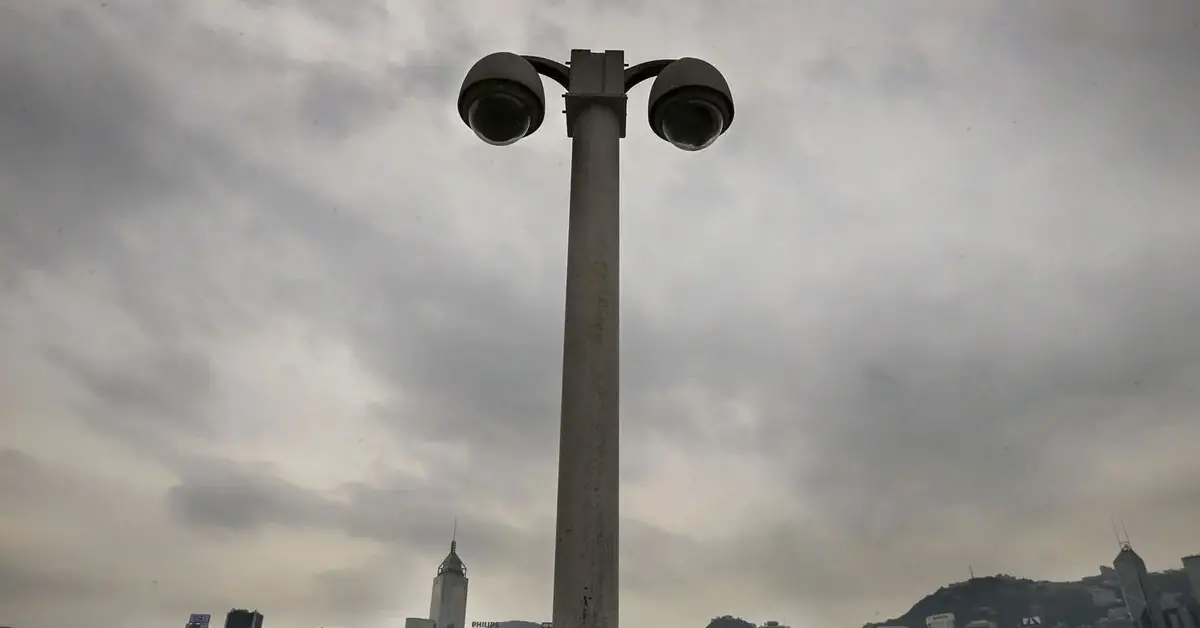Challenges to Press Freedom in Hong Kong Amid Article 23: A Critical Analysis
In the bustling metropolis of Hong Kong, a city once heralded as a bastion of press freedom and a bridge between East and West, a significant chapter in the annals of journalistic liberty quietly concluded. Radio Free Asia (RFA), a beacon of independent reporting funded by the United States government, shuttered its Hong Kong bureau.
Press Freedom in Hong Kong: An Evolving Landscape
This closure is not merely an administrative footnote but a profound indicator of the shrinking space for the free press under the shadow of the newly enacted national security legislation known as Article 23. RFA’s decision, borne out of acute safety concerns for its staff and the existential threats posed by the sweeping powers of the law, marks a dark day for the enclave’s once-vibrant media landscape.
Article 23: Balancing Security and Liberty
The enactment of Article 23, heralded by authorities as a necessary measure to safeguard national security, has instead been perceived as a draconian tool to stifle dissent, silence critical voices, and erode the foundational pillars of freedom that Hong Kong was known for.
Radio Free Asia: A Legacy Under Threat
This move by RFA underscores a grave warning: the operational safety and the very essence of press freedom in Hong Kong are under siege, signaling a chilling effect that resonates far beyond its shores, in stark contrast to the city’s celebrated legacy of journalistic independence.
The Impact of Article 23 on Hong Kong’s Media Landscape
Since its inception in 1996, Radio Free Asia (RFA) has stood as a pillar of journalistic integrity and an unwavering advocate for the free press in the shadow of regimes that often suppress dissenting voices. Established by the United States Congress, RFA was tasked with a mission both noble and challenging: to provide accurate and uncensored news to audiences in Asian countries where such freedoms were curtailed or nonexistent.
Navigating the Complexities of Article 23
Article 23 of Hong Kong’s Basic Law, enacted amidst a storm of controversy and concern, has marked a pivotal moment in the city’s ongoing narrative of autonomy and freedom. This legislation, fervently advocated by both the Hong Kong government and Beijing, aims to fortify national security measures, addressing a spectrum of offenses from treason and sedition to subversion and secession.
Stakeholder Perspectives: Divergence and Discord
The closure of Radio Free Asia’s Hong Kong bureau elicited a broad spectrum of reactions, underscoring the global concern and contentious nature of Article 23. Bay Fang, RFA’s president, expressed a profound unease, stating, “The environment under Article 23 has made it impossible for us to ensure the safety of our staff, leading us to this difficult decision.”
International Scrutiny and Calls for Action
The international community has responded with concern and condemnation towards the shrinking press freedoms in Hong Kong, particularly following the enactment of Article 23 and the closure of RFA’s bureau.
The Road Ahead: Defending Press Freedom
As the landscape of press freedom in Hong Kong undergoes seismic shifts, stakeholders and activists are mobilizing to defend the fundamental rights of journalists and media outlets. Calls for transparency, accountability, and adherence to international standards resonate in the face of escalating concerns.
Nurturing Independent Voices
Efforts to nurture and support independent voices within Hong Kong’s media ecosystem gain renewed importance. Initiatives promoting media literacy, ethical journalism practices, and digital resilience become vital tools in navigating the evolving challenges.
Diplomatic Diplomacy: A Global Response
Diplomatic channels play a crucial role in addressing the erosion of press freedom in Hong Kong. Dialogues, resolutions, and diplomatic pressure serve as avenues to uphold the principles enshrined in international agreements and declarations.
A Call to Action: The Role of Civil Society
Civil society organizations, advocacy groups, and human rights defenders play a pivotal role in amplifying the voices of those affected by restrictive measures. Their campaigns, protests, and advocacy efforts contribute to raising awareness and galvanizing support for press freedom globally.
Looking Ahead: Uncertainties and Resilience
As uncertainties loom over Hong Kong’s media landscape, resilience emerges as a defining trait. Journalists, media professionals, and citizens committed to democratic values continue to navigate challenges with determination and resolve.
Conclusion: A Defining Moment for Press Freedom
In conclusion, the closure of Radio Free Asia’s Hong Kong bureau amid the backdrop of Article 23 reflects a broader struggle for press freedom and democratic rights. The evolving narrative underscores the need for steadfast advocacy, international solidarity, and a relentless commitment to upholding the principles that underpin free and independent media worldwide. As the world observes developments in Hong Kong, the collective response will shape the future trajectory of press freedom in the region and beyond.
Questions and Answers:
Q1: What is the significance of Radio Free Asia’s closure in Hong Kong? A1: Radio Free Asia’s closure signifies a significant contraction of press freedom in Hong Kong, highlighting challenges under Article 23.
Q2: How does Article 23 impact press freedom in Hong Kong? A2: Article 23 is perceived as a tool to stifle dissent and erode press freedom, leading to closures like Radio Free Asia’s bureau in Hong Kong.
Q3: What are stakeholders’ reactions to Article 23 and RFA’s closure? A3: Stakeholders express concern and condemnation, emphasizing the need to defend press freedom amidst tightening controls in Hong Kong.
Q4: How is the international community responding to press freedom challenges in Hong Kong? A4: The international community condemns shrinking press freedoms, calling for diplomatic action and solidarity to uphold journalistic integrity globally.

